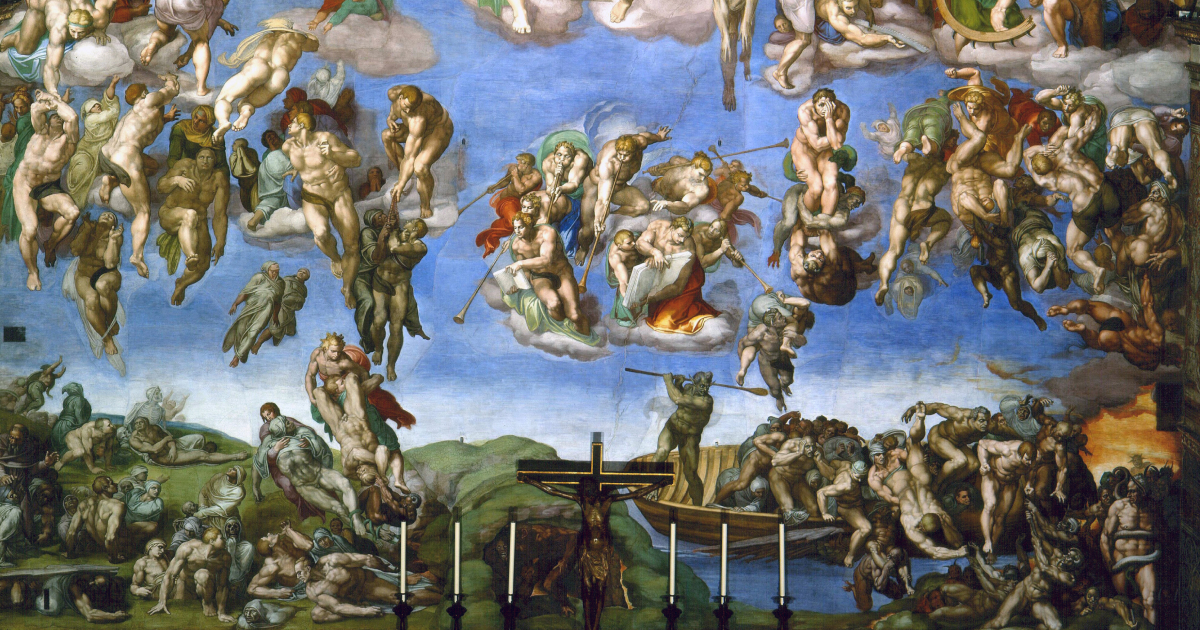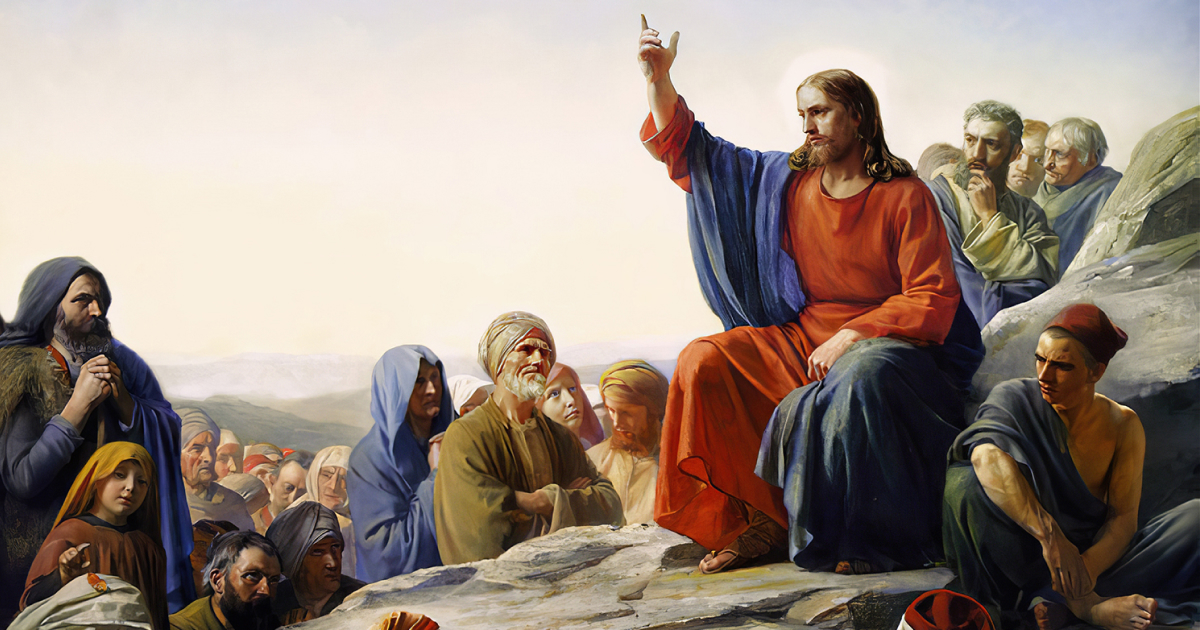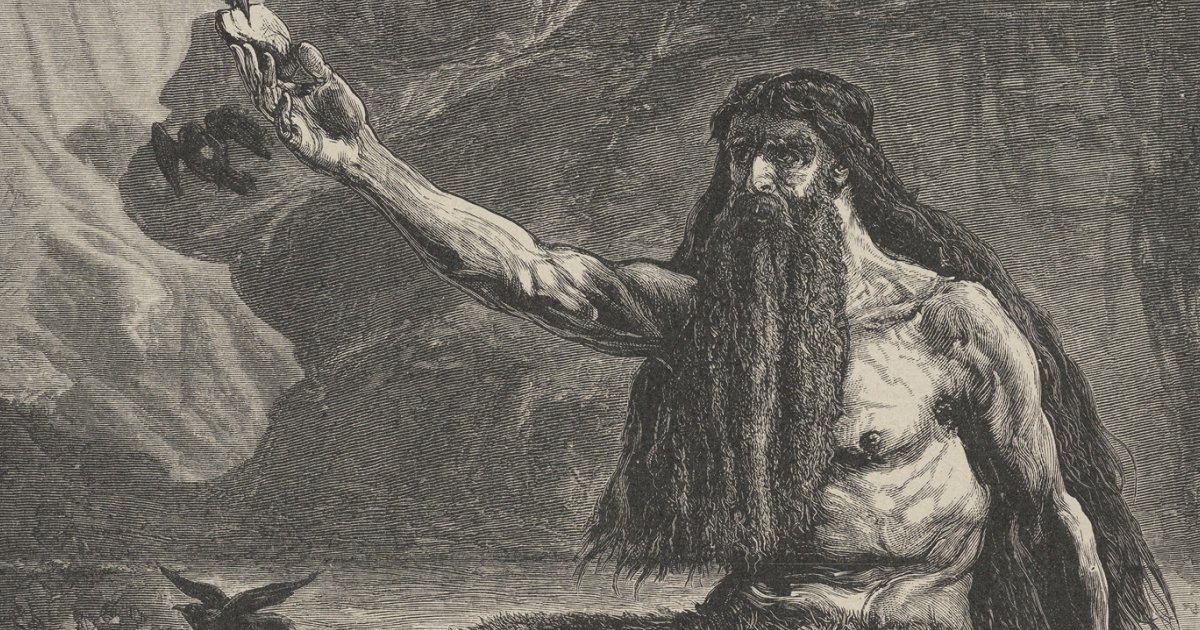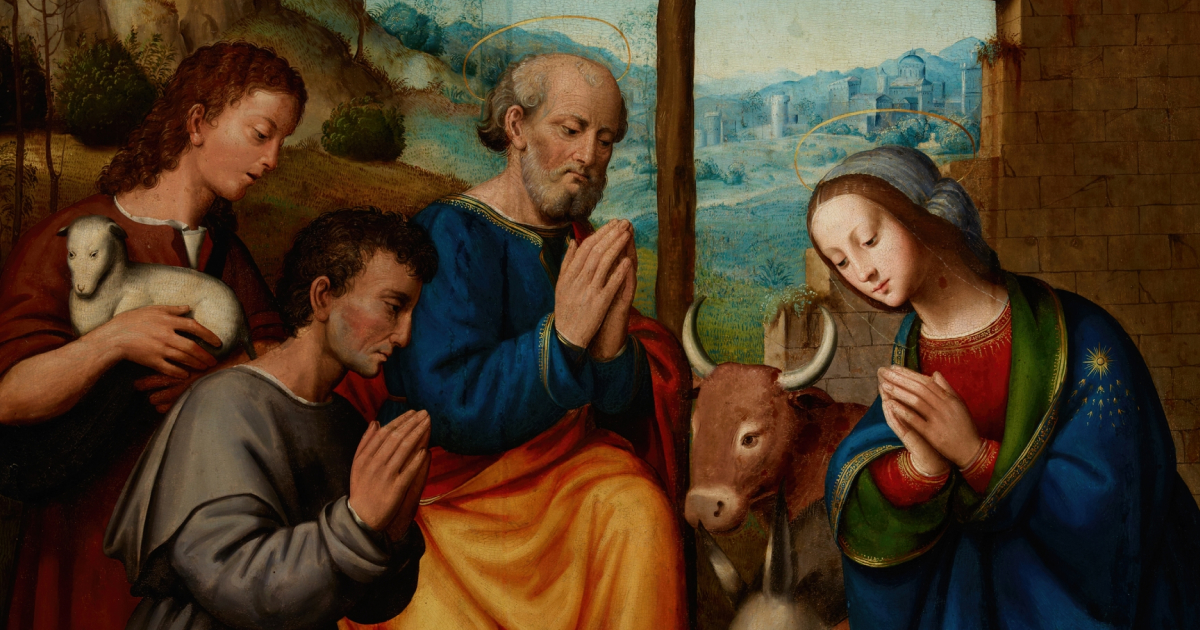In earlier centuries, lay preachers frequently required episcopal permission; without it, they could be censured. Only the theologically trained and those selected for sound character were allowed to speak for the Faith.
A sensible precaution, you might think – one that might have spared us the recent “Voice of Reason” fiasco, where a prominent young Catholic “influencer” who debated Protestants and atheists ended in disgrace after being embroiled in sexual scandal. Many at the time complained that he had no licence from his bishop.
At first, one might agree with them – but the matter is more complex.
Consider St Catherine. As a young woman, she preached publicly without licence on the paved streets of high medieval Siena, to the irritation of townsfolk and priests alike. Yet her humility and fervour eventually won over her adversaries, even allowing her to rebuke a pope – and now she is a Doctor of the Church.
Similarly, Margery Kempe, eccentric English mystic and first autobiographer in our tongue, broke convention to write and speak of her visions. And Christ Himself, when told by the Apostles that strangers were casting out demons in His name, replied: “Do not stop him… Whoever is not against us is for us.” Restrictive gatekeeping clearly isn’t always what’s best for Christendom.
Still, anything-goes evangelisation is dangerous. St James warns: “Not many of you should become teachers, because you know that we who teach will be judged more strictly.” Our Lord declared: “By your words you will be acquitted, and by your words you will be condemned.” Loose words can imperil both speaker and hearer. Sometimes silence is holier than speech.
The wisdom of the monastics and Scripture has always strictly warned that the tongue is a loose cannon which can cause catastrophic damage by its carelessness – and counselled us to rein it in with prudence.
The Faith being presented in a very sub-optimal way can be counterproductive. I recall a Protestant friend, curious about Catholicism, who attended Mass for the first time at a basilica in Washington, DC. He returned saying it was “the most boring hour” of his life – and I couldn’t protest that he was wrong. The perceived uninspired and flat presentation made him less likely to return. Christ was present at the Mass, indeed, but in my friend’s eyes He was clearly welcomed unconvincingly. There is a real danger in doing things poorly.
Social media gives a constant positive feedback loop and only reveals those enthralled by the content, while hiding the silent majority who might be rolling their eyes at it. When ministry becomes a personality cult, flaws overshadow the message. Vanity tends not to win people over to the cause of humility.
When one takes it upon themselves to represent God or the Church or the Faith, majestic matter is under discussion. That should be treated gravely and seriously. Tasteless, undignified, profane presentations can make the subject seem less believable. Influencers again ought to nota bene – note well.
Yet here, a balance must be struck. G. K. Chesterton famously offered Catholic wisdom when he said: “If a thing is worth doing, it is worth doing badly.” A Catholic mother I know swears by the line. God does not demand perfection – only effort. To remain silent out of fear of imperfection can itself be a great evil. Comforting the sorrowful, admonishing sinners, counselling the doubtful, instructing the ignorant – these are the spiritual works of mercy of our Faith. We’re called to do them to the best of our ability, whether we succeed or not.
C. S. Lewis made the same point on the eve of the Second World War. Life, he counselled his congregation in a sermon, is never “normal.” Men compose mathematics in besieged cities, make jokes on scaffolds, and comb their hair at Thermopylae. Do not be paralysed by present uncertainties. His advice: do not wait for the perfect moment, or the perfect abilities, or assurance of the outcomes, before you act. So too with evangelisation – don’t wait until you are St Thomas Aquinas. You may wait forever.
Still, zeal has to be tempered by reverence and some objective measures of goodness and truth and beauty. God deserves the best. The Baroque splendour of Ottobeuren Abbey leads souls heavenward; the well-meaning but botched “restoration” of Christ’s face by the Spanish grandmother Cecilia Giménez in Zaragoza provokes only ridicule. One leads souls to awe, inspiration, mysticism and contemplation and God – the other… not so much. Online preaching can be the same.
Nevertheless, Scripture reminds us: “The Lord does not see as mortals see; they look on outward appearance, but the Lord looks on the heart.”
A parish may need a church, but Michelangelo may not be available. Build anyway. A grieving friend may indicate they’re ready to talk seriously about God, but St Dominic is not on call. Speak anyway. Crude or awkward efforts made with sincere love should, for the most part, not be harshly censured. They can and should be improved – but encouragement and charity ought to be our first response.
So when Catholic apologists online seriously miss the mark, correction is needed – especially if pride or profanity is involved. But sincere, if imperfect, attempts are good. The Holy Spirit can move hearts even through stumbling words.





.jpg)











